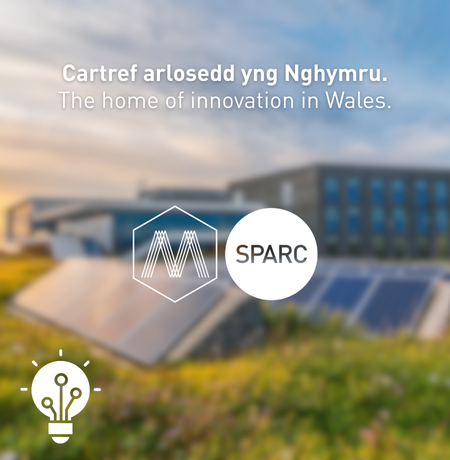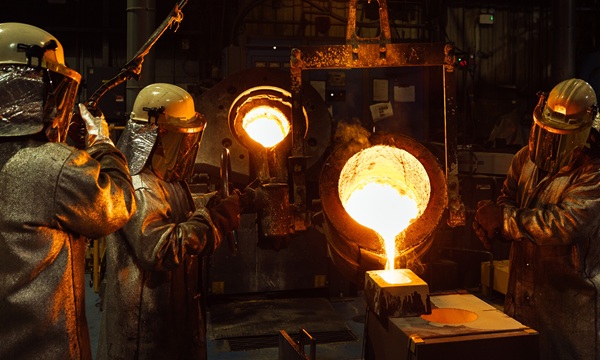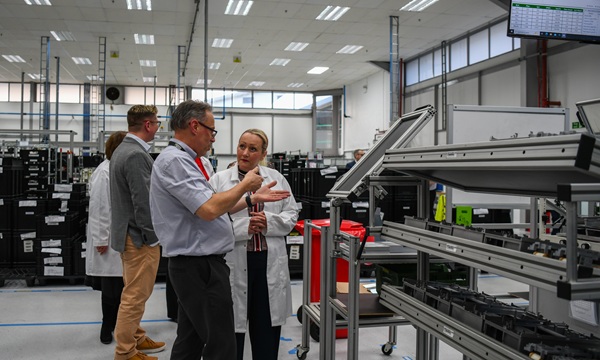
GUEST COLUMN:
Adam Huckstep
CEO
Hypermotive
Starting a business is one thing. Scaling it is another. Over the past decade, I’ve experienced both, and whilst I’m proud of the journey Hypermotive has taken, I’m also now very aware of the challenges facing small and medium manufacturers trying to grow.
At Hypermotive we design and manufacture electrical integration systems for electric vehicles and hydrogen fuel cell applications. That includes high voltage power distribution, power conversion and the integration of battery and hydrogen fuel cell technologies into everything from trucks to trains, planes and boats. We now have sites in the Midlands, Germany and Wales and from our base in Newport we work with a number of Welsh companies across the hydrogen and fuel cell space.
We didn’t start out as a manufacturer. In fact, we said we’d never become one – we knew that manufacturing was not easy. We founded Hypermotive as an engineering services and consultancy business and intended to stay that way. But the reality is that if you’re developing highly specialised components, and need them quickly, at high quality and at a competitive cost, you can’t always find someone else you trust to deliver. We soon found ourselves setting up our own in-house manufacturing capability, which over time has grown significantly to become a major part of our business.
Until 2022, we bootstrapped the business, growing organically and reinvesting as we went. That year we took external investment to accelerate both our manufacturing capacity and our product development in the hydrogen space. That investment has helped us develop class-leading technologies, and world-class manufacturing capability, leading to partnerships with some major players in the global fuel cell and hydrogen industry – including Honda and Luxfer – but we remain a relatively modest UK company, punching above our weight.
For us, one of the biggest challenges has been scaling from a small innovator to a full-scale manufacturer. In the UK, there’s real strength in innovation funding – organisations like Innovate UK have supported a great deal of cutting-edge research and development.
But the support often stops short of what’s needed to commercialise that technology at scale. Turning an idea into a manufacturable product, and then building the systems, teams and processes to deliver it reliably, is a complex, expensive task. And this is the very stage at which many UK businesses stall, or get swallowed up by bigger businesses often with the technology or products subsequently leaving the UK.
Long-term investment in manufacturing isn’t always seen as attractive. Compared to tech or IP-heavy sectors, returns are slower. But they are there – and if we’re serious about strengthening the UK’s industrial base, we need to start valuing and backing the hard yards that go into building manufacturing capability and capacity. That includes access to capital, support for physical infrastructure and recognition of what it really takes to become a trusted, high quality supplier in sectors like automotive.
Recruitment is another issue. We’ve built strong engineering and manufacturing teams, but finding skills in specialist areas such as electronics, software engineering and functional safety remains tough. In the past we’ve hired internationally, but the post-Brexit visa landscape has made this more complicated and costly. That’s all the more reason to invest in homegrown skills. We need to see more focus on technical education, particularly in digital, coding and AI. These are not niche competencies anymore; they’re central to modern engineering and vital in developing world-beating technologies .
When I look at Wales, I see significant opportunity. There’s the ability for Government to act locally, but with national impact. Wales already has real strength in key technology areas such as semiconductors – a sector with global relevance and long-term potential. If we can build out from that strength, support scaling businesses, and invest not just in headline innovation but also in the supply chains and clusters that grow around it, then we have a chance to build something lasting.
But to do that, we need to avoid the trap of allowing promising firms to be bought out or absorbed into bigger businesses before they reach their full potential. The default doesn’t have to be exit. It’s possible to grow successful, sustainable, indigenous businesses here if we give them the support they need at the right time. That includes targeted investment, a focus on high-growth manufacturing, and a strategy that treats scale-up as a national economic priority.
I believe in the future of manufacturing in the UK and particularly in Wales. There’s talent here, there’s energy, and there’s a growing sense of shared ambition across the sector and nation. But we need to focus on the difficult middle ground and give it the attention, investment and policy thinking it deserves. If we can get that right, we won’t just compete in future markets – we’ll help define them.
















